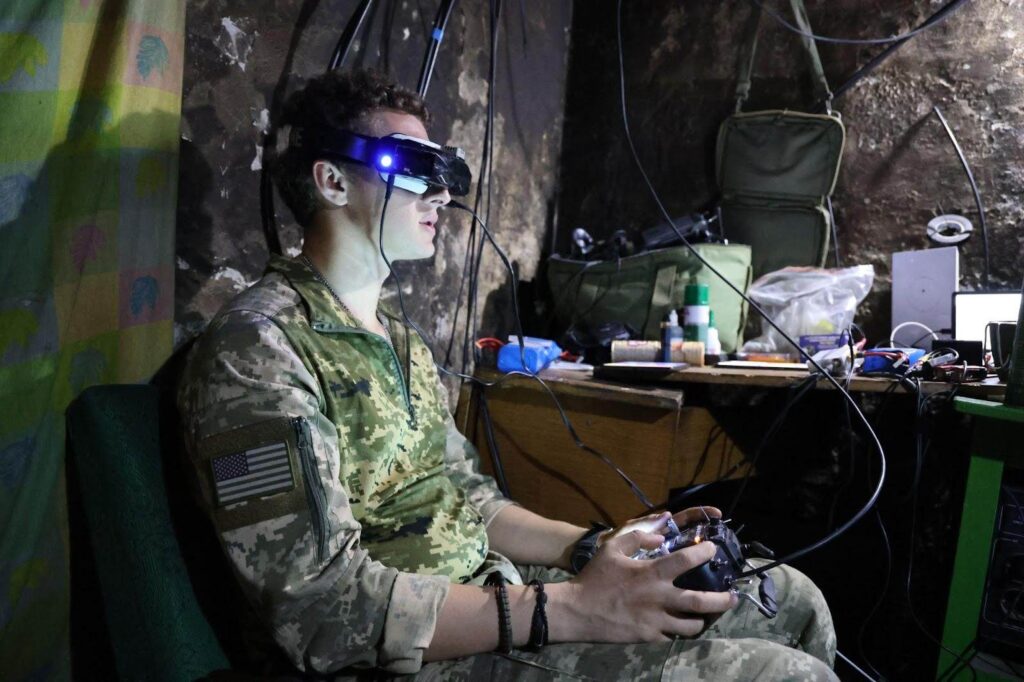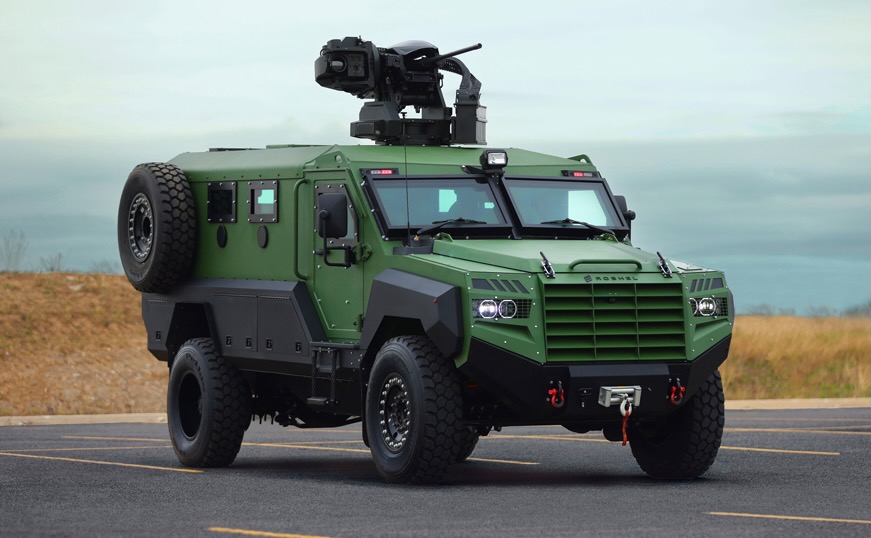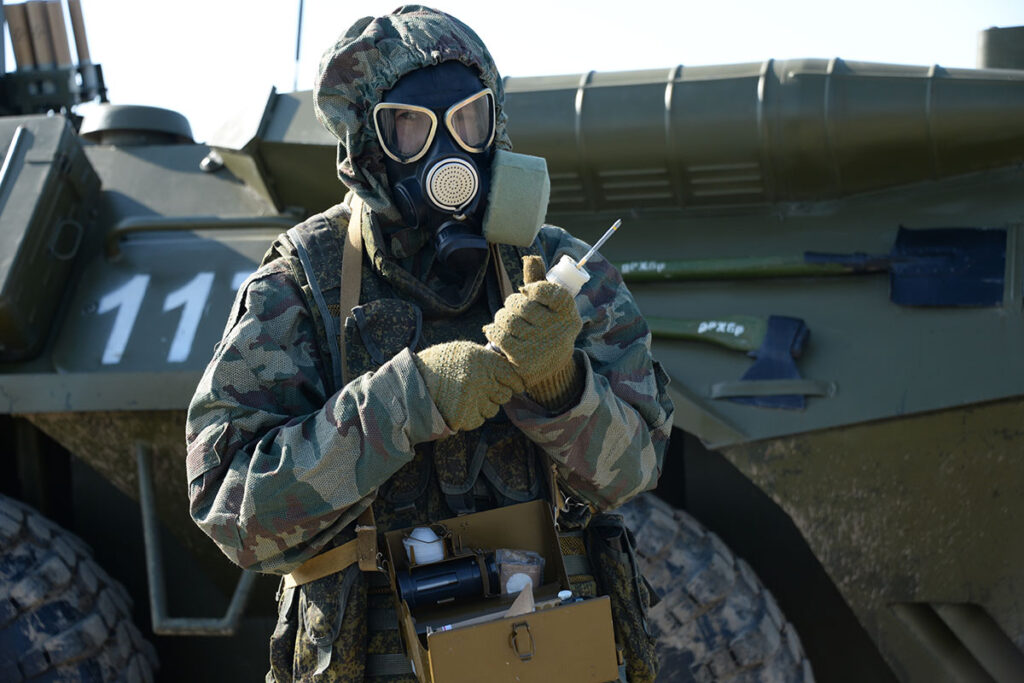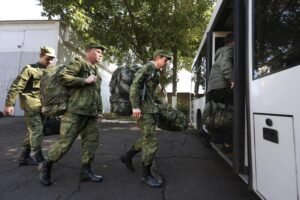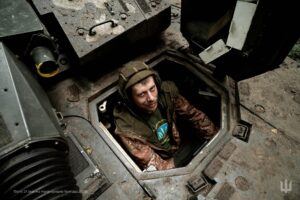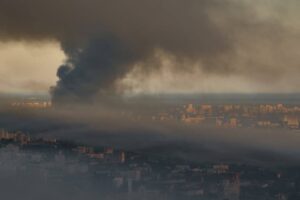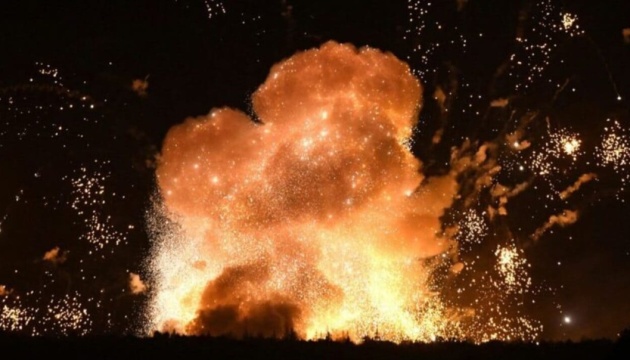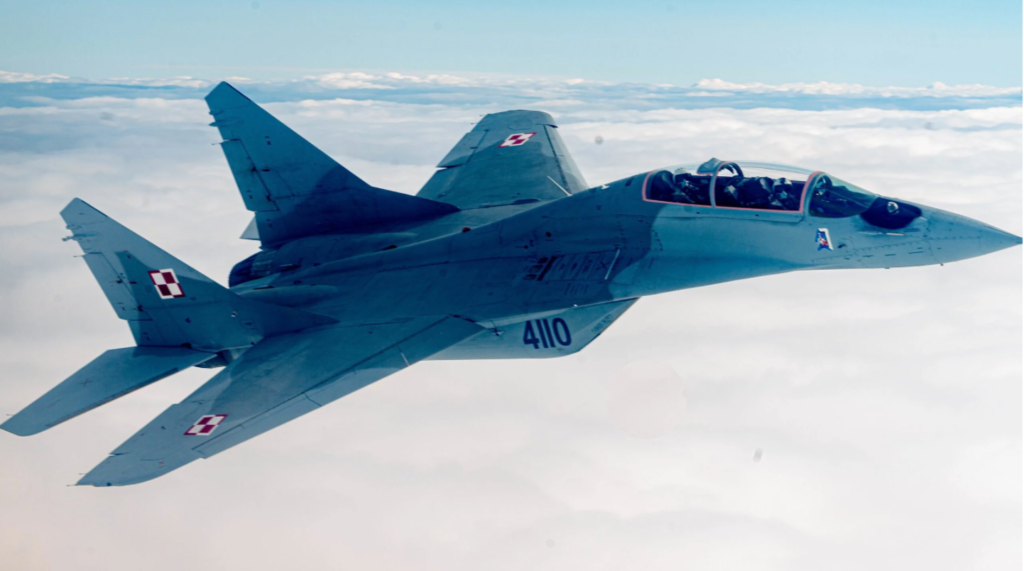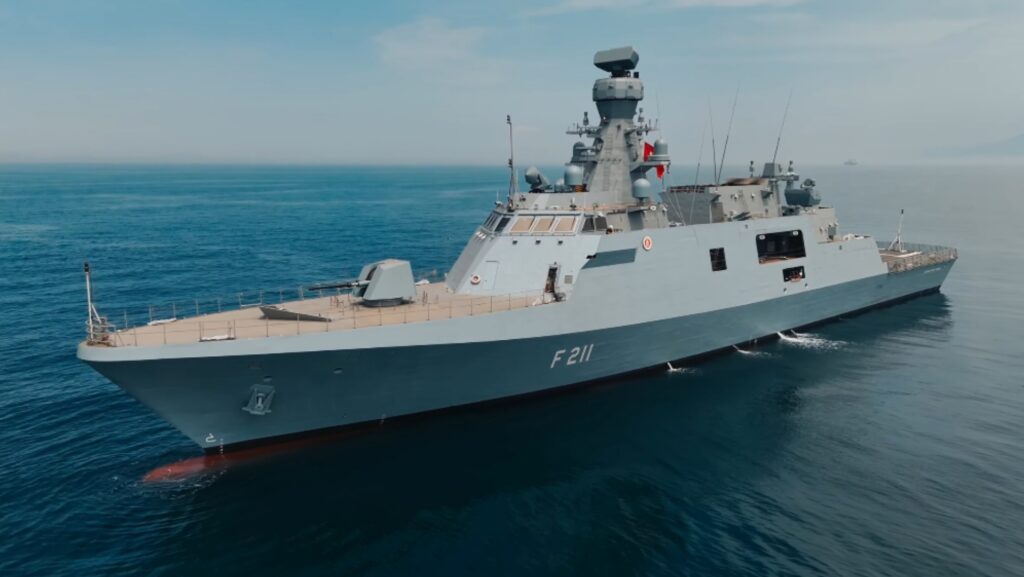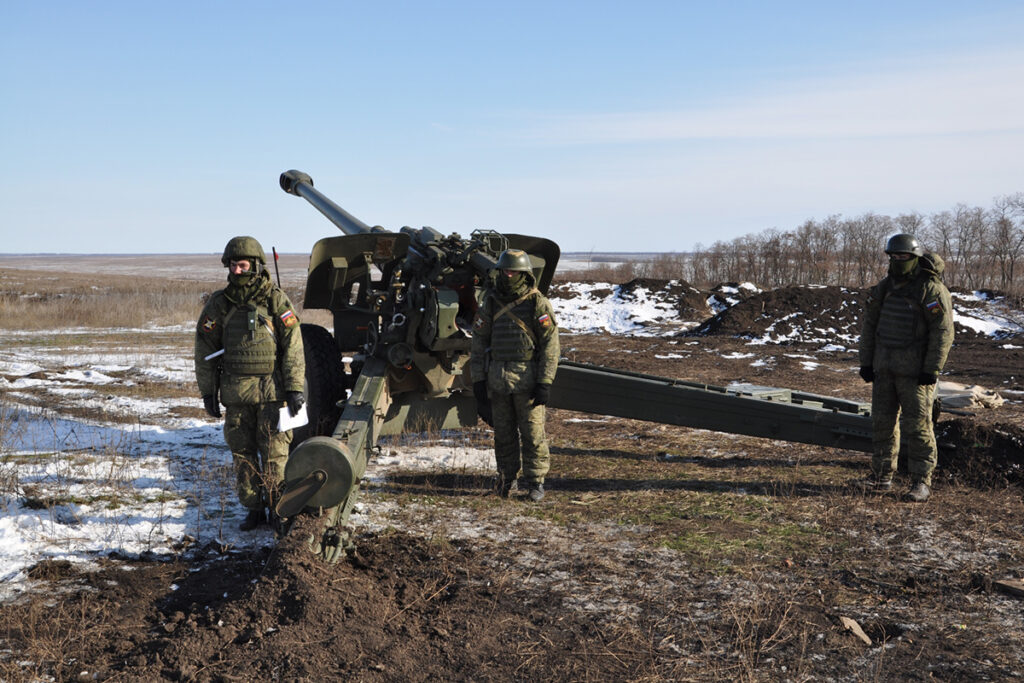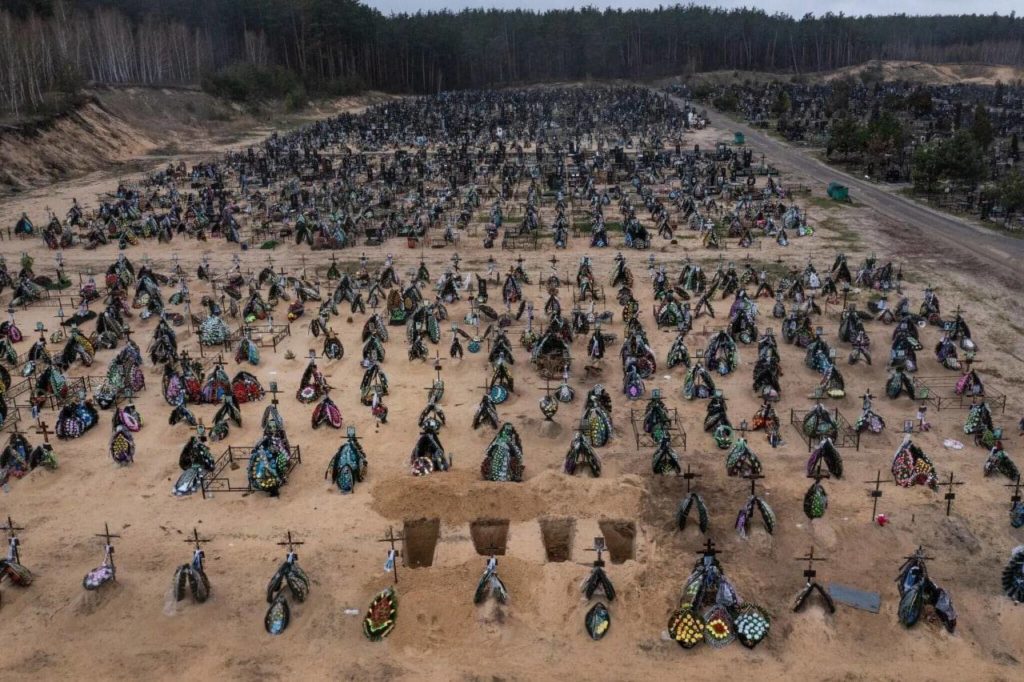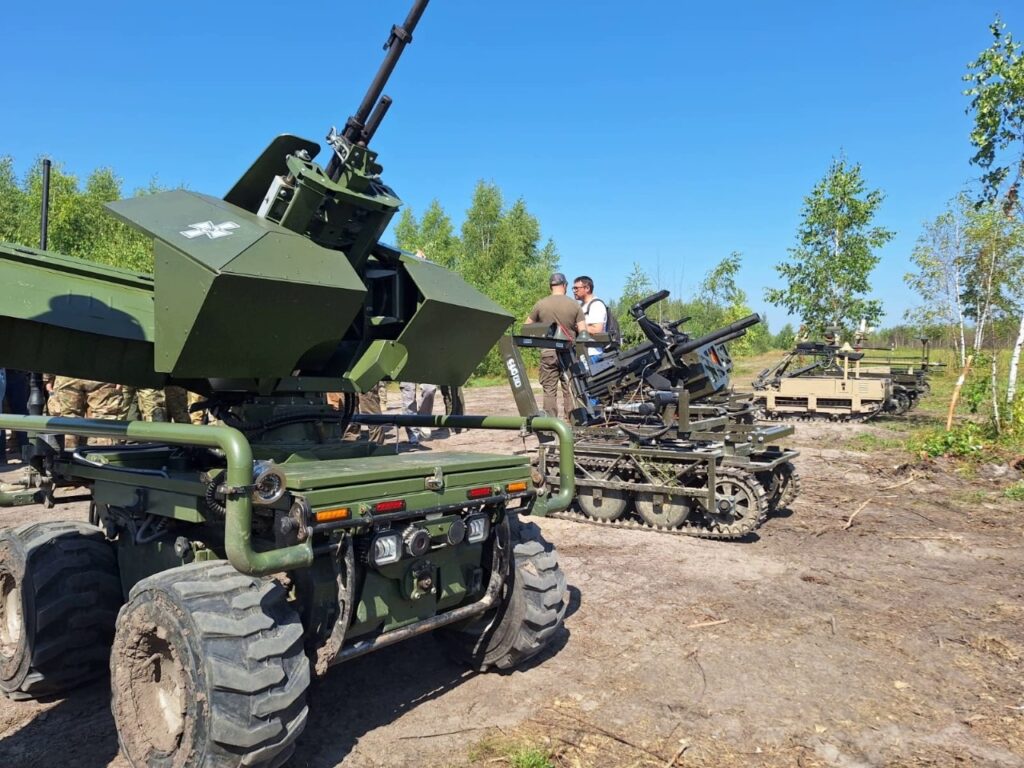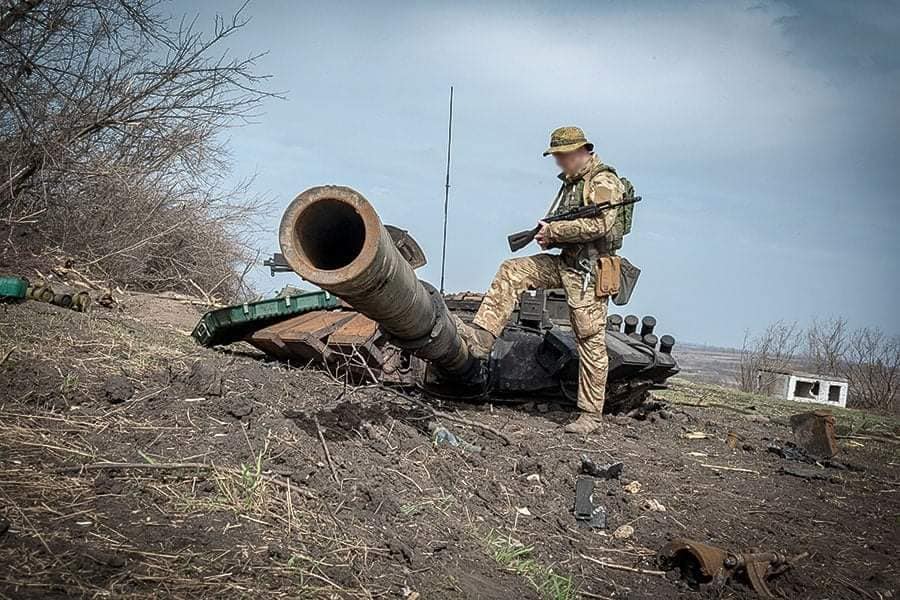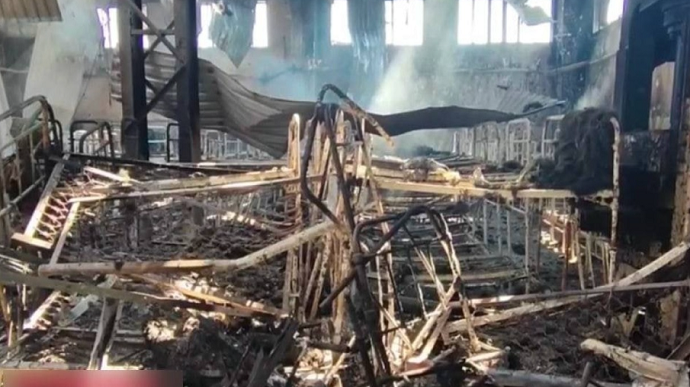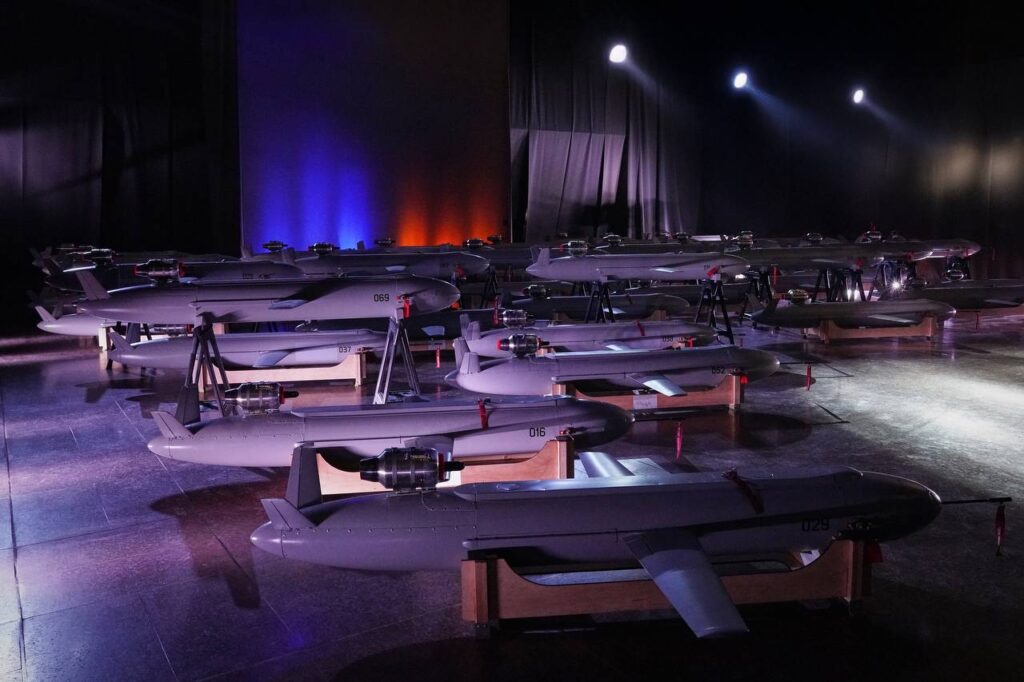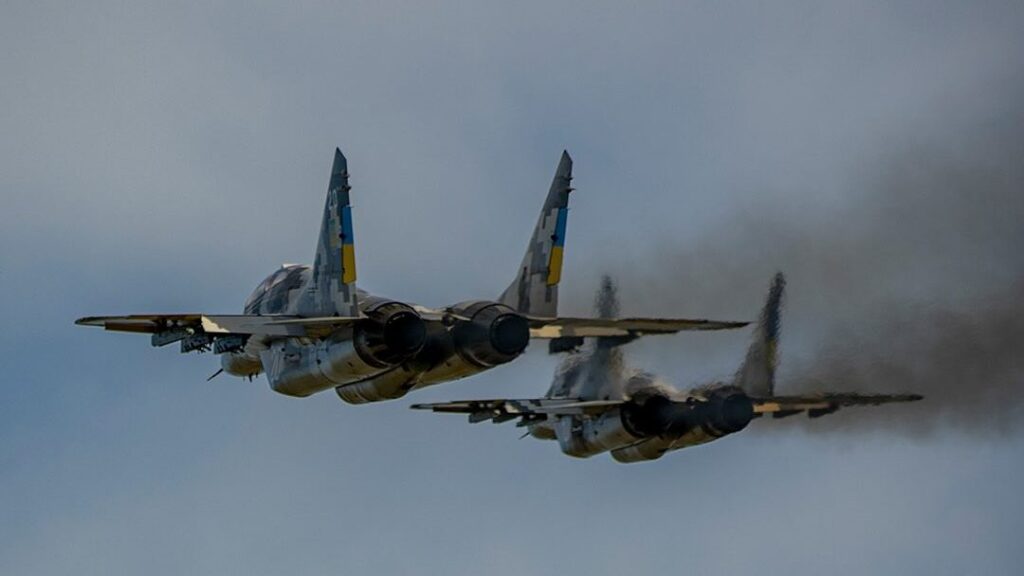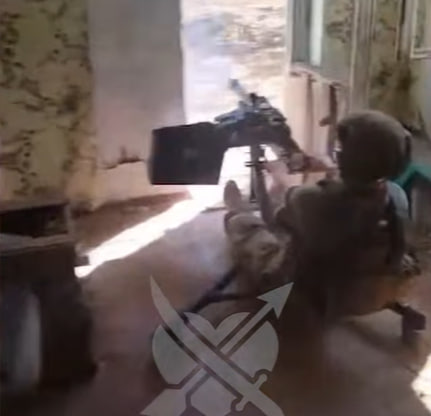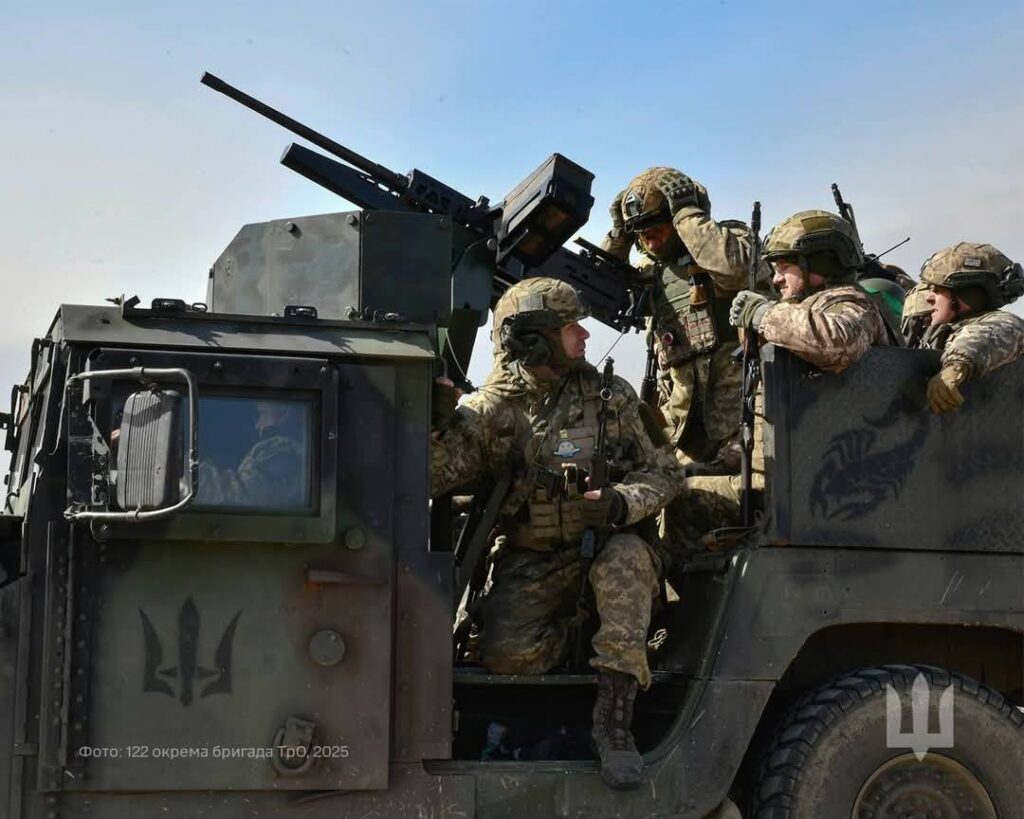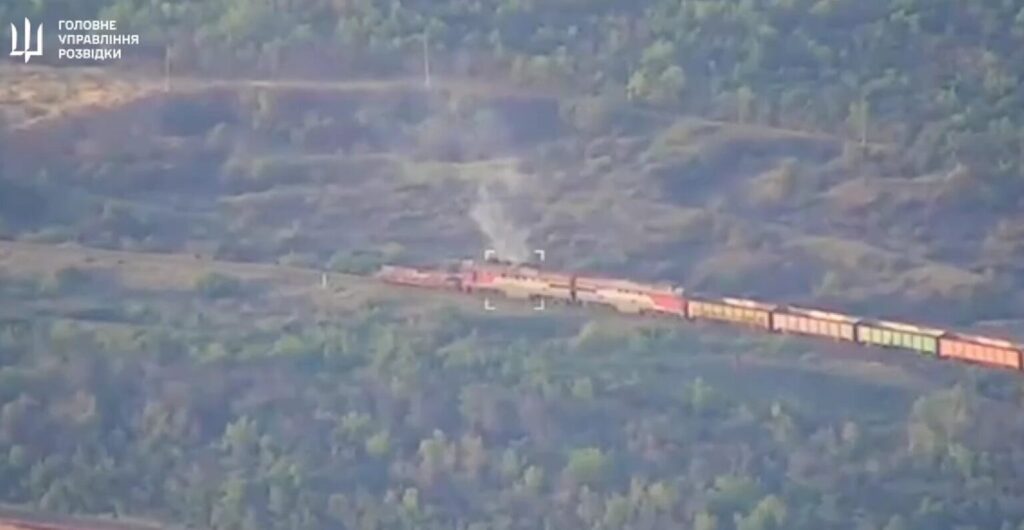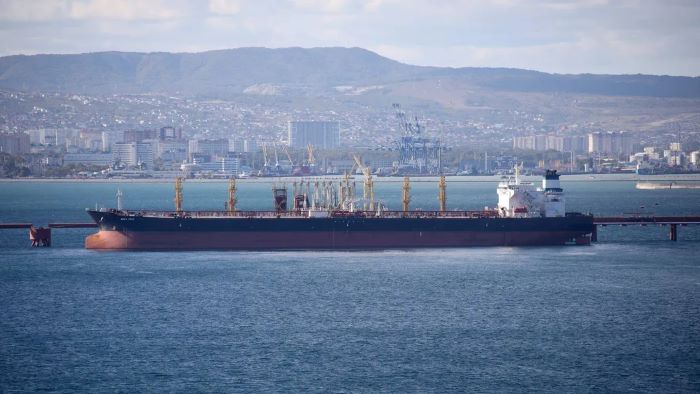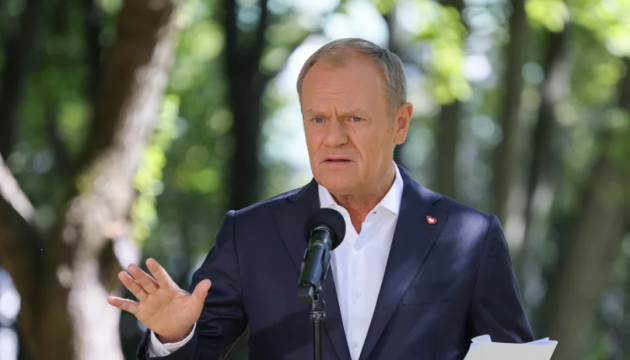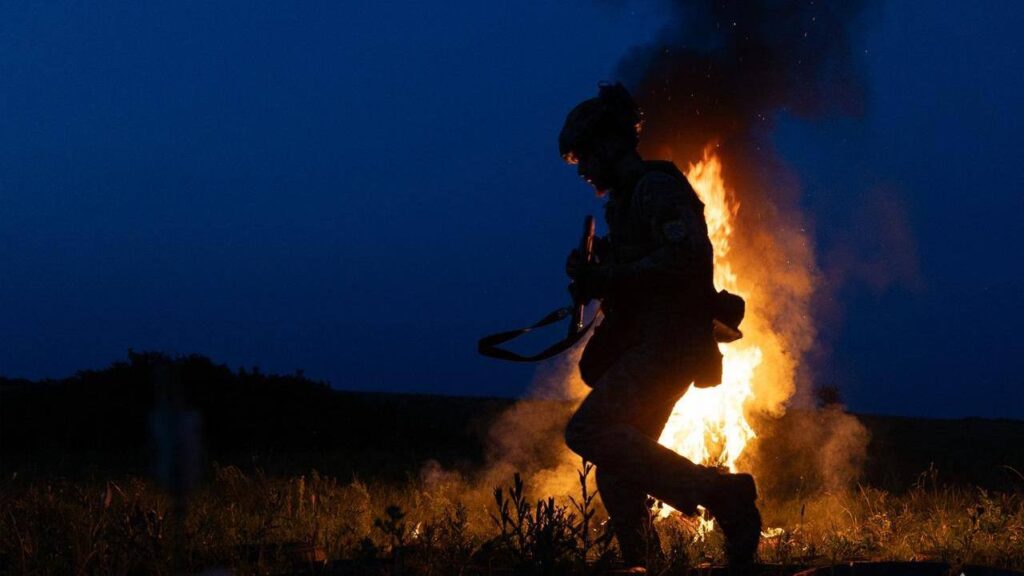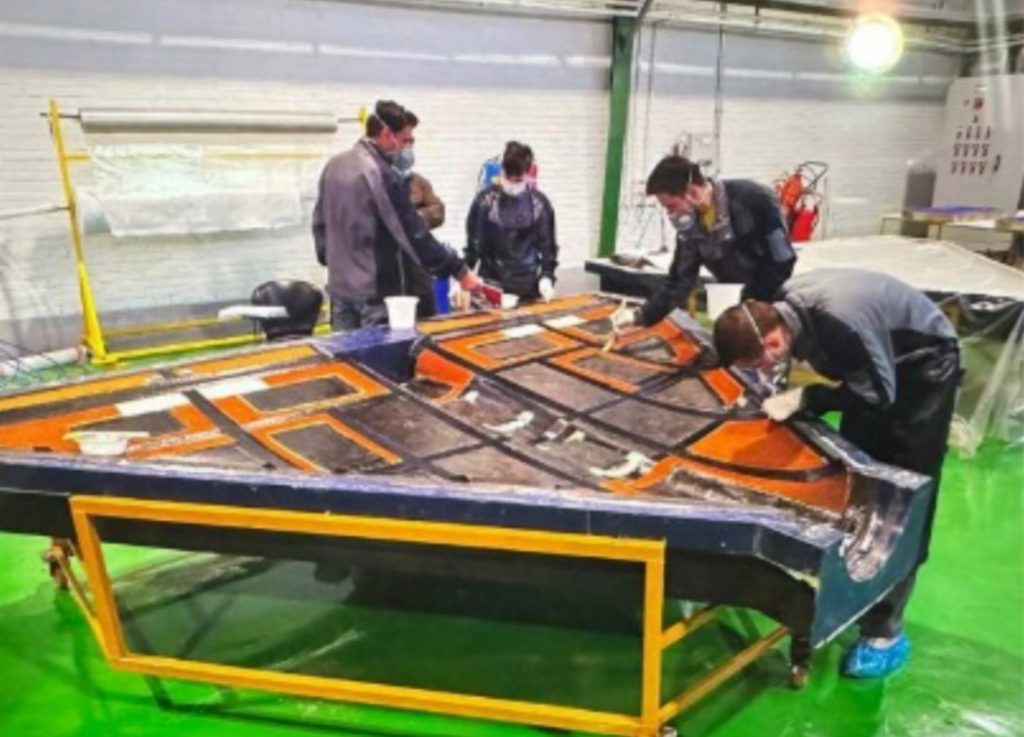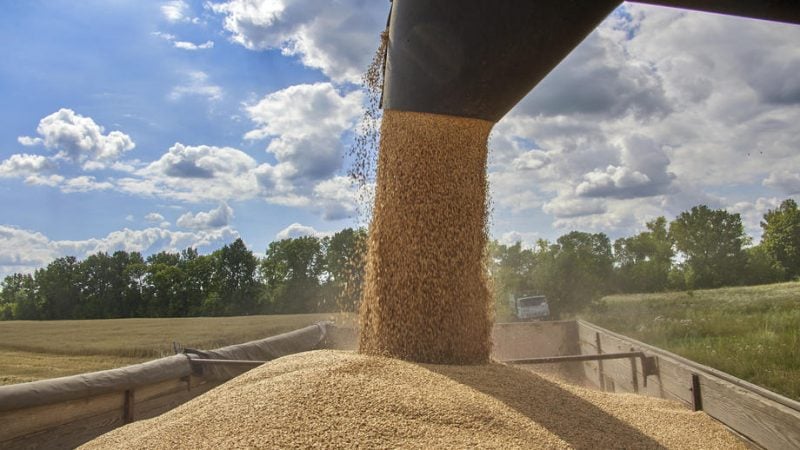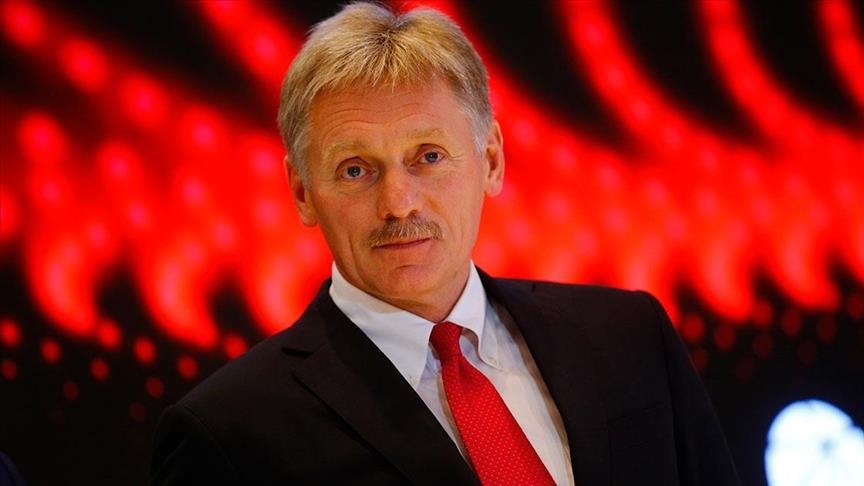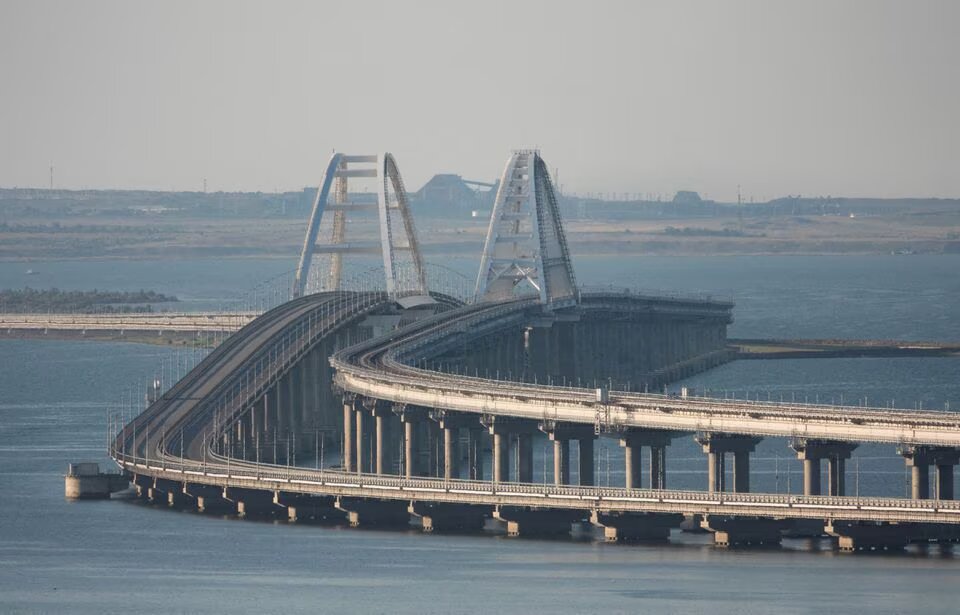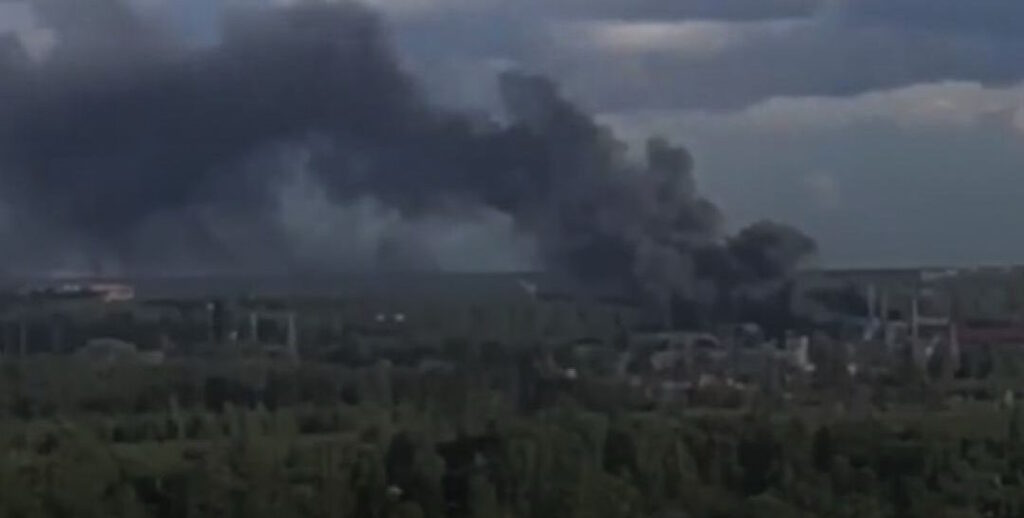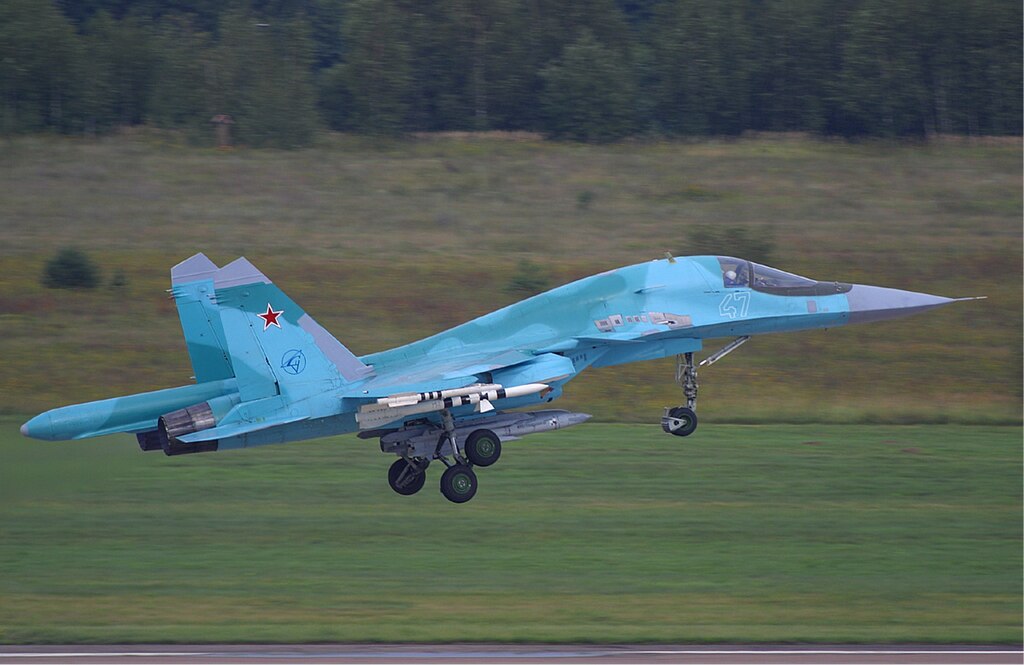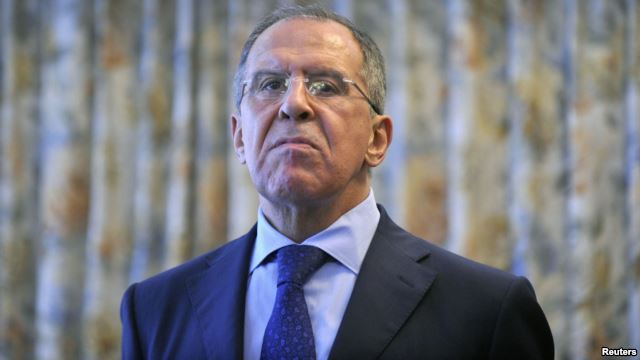
Moscow and Budapest may be preparing for the “protection of citizens” in Ukraine. Russia is seeking to join efforts with Hungary to “save” national minorities in Ukraine, Russian Foreign Minister Sergey Lavrov told Magyar Nemzet in an interview.
Such rhetoric is a troubling echo of 2014, when the Kremlin first invoked the need to “protect Russian citizens” or “Russian-speaking citizens” in Ukraine to justify the annexation of Crimea and the invasion of Donbas. At the time, Moscow claimed there was discrimination against Russian speakers—this is how the war began.
Lavrov reiterated Kremlin narratives about the alleged persecution of the Russians in Ukraine. According to him, they were “banned from using the Russian language in education, science, culture, media, advertising, public services, and even in daily life.”
There are no laws in Ukraine that explicitly ban the Russian language, Russian culture, or the very existence of Russia as a country.
In 2025, a survey by the Kyiv International Institute of Sociology found that 84% of Ukrainians believe there is no systematic discrimination or restriction of rights against Russian-speaking citizens in Ukraine.
At the same time, 82% of Russian-speaking Ukrainians hold a negative view of Russia. Among them, 81.5% trust the Ukrainian Armed Forces.
Meanwhile, Lavrov claimed that members of other national minorities have been forcibly Ukrainianized.
“Other ethnic groups, Hungarians, Romanians, Poles, Bulgarians, Armenians, Belarusians, Greeks, also faced forced Ukrainianization. Today, Russia and Hungary are openly standing up to defend their compatriots. We can combine our efforts in this regard,” said Lavrov.
It’s worth noting that Hungary frequently blocks or slows down European initiatives aimed at supporting Ukraine or tightening sanctions against Russia.
Budapest sharply criticizes Ukrainian language and education laws, citing alleged violations of the rights of the Hungarian minority in neighboring Zakarpattia Oblast of Ukraine.
Moreover, Hungary’s government is obstructing the start of Ukraine’s EU accession talks. In June 2025, the Hungarian government, led by Prime Minister Viktor Orbán, held a so-called “national referendum” on Ukraine’s accession to the bloc. According to official government data, more than 2.2 million people (around 29% of voters) participated, with 95% voting against Ukraine joining the EU.
Although the referendum has no legal force, Orbán used its results as a political tool to block Ukraine’s further progress toward EU membership, HVG reports.
During the referendum, Hungarian citizens received anti-Ukrainian leaflets alongside their ballots, claiming that Ukraine’s EU membership would threaten pensions, cause epidemics, flood Hungary’s market with cheap and low-quality Ukrainian agricultural products, bring Ukrainian organized crime, and allow mass Ukrainian migration that would take jobs from Hungarians.
You could close this page. Or you could join our community and help us produce more materials like this.
We keep our reporting open and accessible to everyone because we believe in the power of free information. This is why our small, cost-effective team depends on the support of readers like you to bring deliver timely news, quality analysis, and on-the-ground reports about Russia's war against Ukraine and Ukraine's struggle to build a democratic society.
Become a patron or see other ways to
support.
